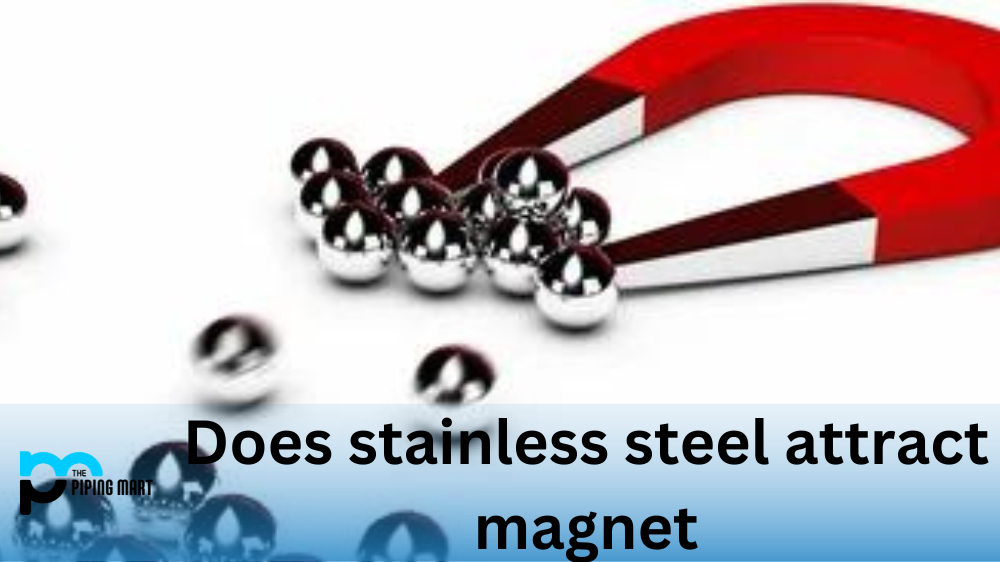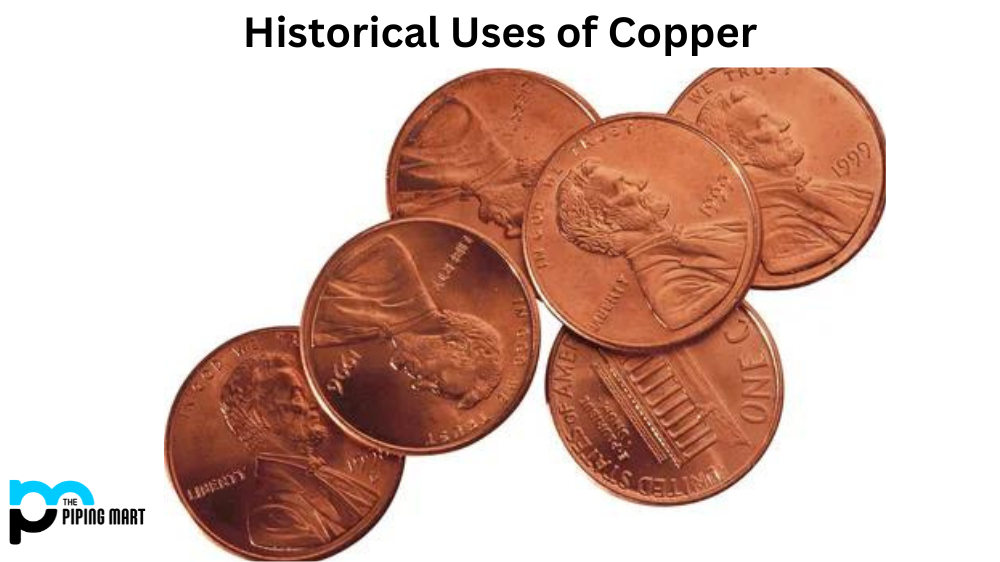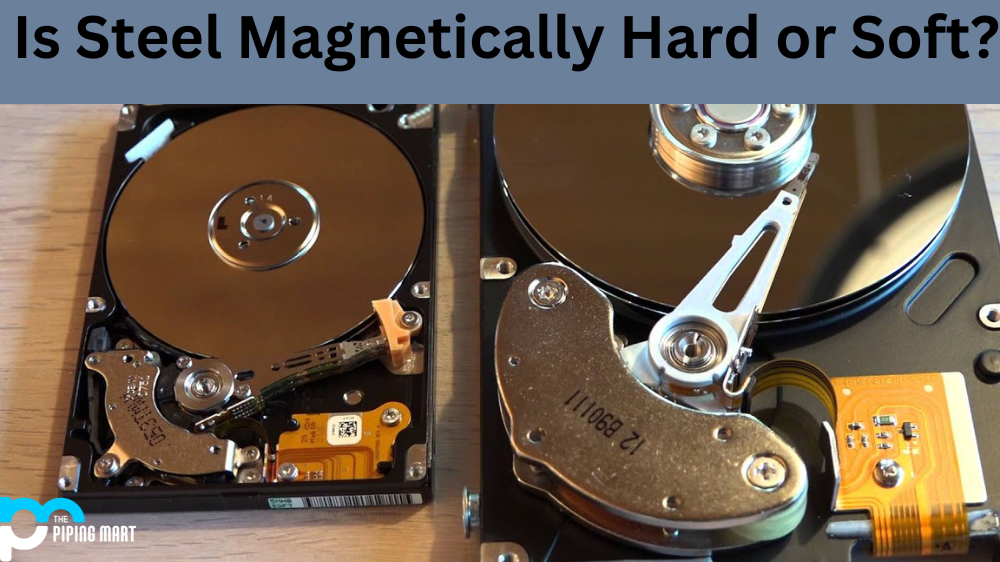Have you ever wondered why stainless steel objects are not magnetic? If so, this blog post is for you. We will explore the properties of stainless steel and explain why it does not attract magnets.
Stainless steel is an alloy of iron, chromium, nickel, and other elements. The primary benefit of using stainless steel is that it does not rust or corrode like regular steel. This makes it ideal for use in various applications, from medical equipment to kitchen appliances. But what about its magnetic properties? Does stainless steel attract magnets? The answer is no – stainless steel does not attract magnets.
The reason for this has to do with the way that stainless steel is made. While regular steel is composed mostly of iron (which is highly magnetic), stainless steel contains a minimum of 10.5% chromium. Chromium forms an oxide layer on the surface of the metal when exposed to oxygen, which prevents corrosion and rusting. It also prevents the metal from being attracted to a magnet due to its composition – namely, the presence of chromium.
But while stainless steel won’t stick to a magnet itself, it can be used in conjunction with magnets in many ways. For example, small pieces of magnetically-attractable material can be embedded in the metal or placed adjacent to it to make it more attractive to magnetic fields. This process is commonly used in engineering applications such as motors and generators where strong magnetic fields are required for operation.
Conclusion:
In conclusion, stainless steel does not attract magnets because it contains chromium which prevents corrosion and rusting and also prevents the metal from being attracted to a magnet due to its composition – namely, the presence of chromium. However, small pieces of magnetically-attractable material can be embedded into or placed adjacent to the metal for it to become more attractive to magnetic fields and usable in engineering applications such as motors and generators where strong magnetic fields are necessary for operation. By understanding these principles, website owners can better appreciate why stainless steel may be preferable over other metals when creating products or components that require strong magnetic attraction capabilities without fear of corrosion or rusting occurring over time due to potential exposure to oxygen or moisture in certain environments.

Hey, I’m Krutik, a casual blogger expert in the metal industry. I am passionate about providing valuable information to my readers. With a background in engineering and construction, I like playing Cricket & watching Netflix shows in my free time. Thank you for visiting my blog, and I hope you find my information helpful!




